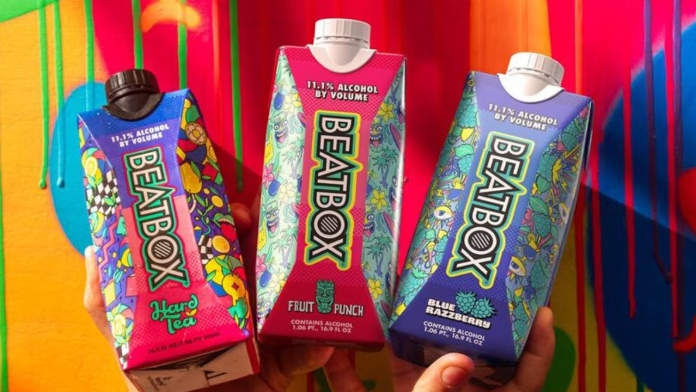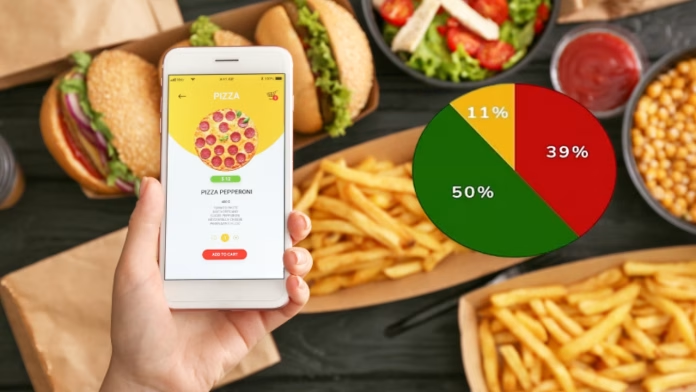Prada has added fresh star power to its global roster with the appointment of a new brand ambassador who already commands massive influence across Asia. The luxury house revealed the news with a polished campaign that instantly caught attention across fashion circles. The move reflects Prada’s growing focus on China, a market that continues to play a decisive role in shaping luxury trends and consumer behaviour.
The actress featured in the announcement is known for her long list of blockbuster television dramas, strong box office performances, and an online presence that few can rival. With more than 113 million followers on Weibo, she brings a level of visibility that most global brands dream of. Her partnership with Prada signals a closer alignment between prestige fashion labels and top tier Chinese talent, particularly at a moment when luxury spending patterns in the region are shifting quickly.
Prada’s choice also reflects the brand’s recent creative direction, which blends clean Italian elegance with a sharper, more contemporary image. The actress’s poised style, often seen in tailored silhouettes and muted colours, fits naturally with the house’s current aesthetic. Industry watchers see this collaboration as a major step toward strengthening Prada’s connection with younger consumers who admire her confidence, work ethic, and polished public persona.
Fashion analysts expect the partnership to extend beyond campaigns and public appearances. There is speculation that Prada may use her presence to highlight upcoming collections in key Asian markets, deepen cultural ties, and create limited edition collaborations that speak directly to her enormous fanbase.
With this announcement, Prada has made a clear statement. The brand is not only investing in global visibility but also embracing a cultural force who continues to shape conversations in entertainment, beauty, and style across China.










